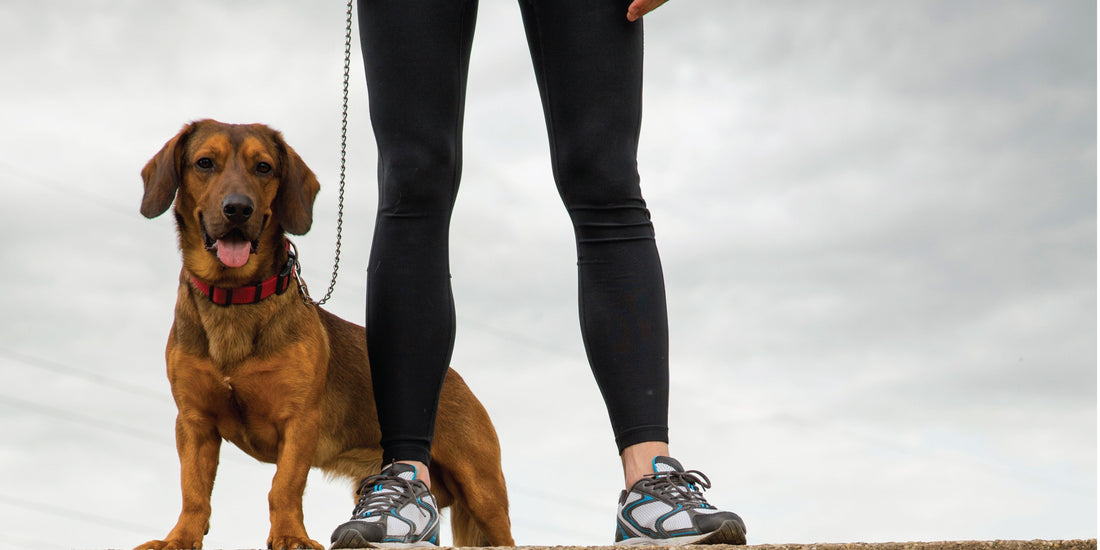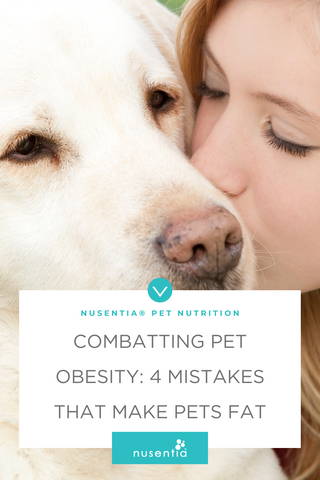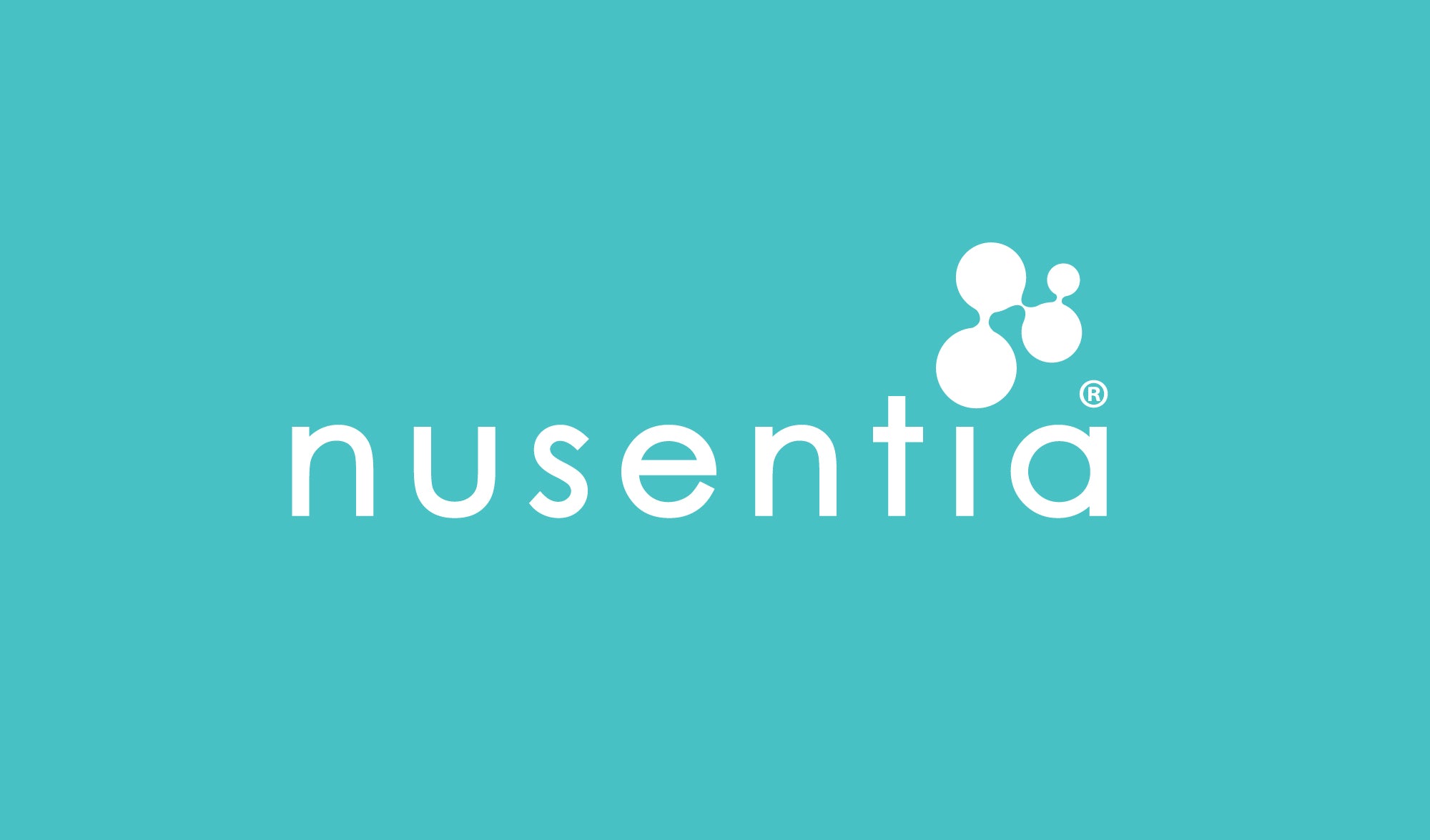Did you know that an estimated 50% of dogs and cats in the U.S. are obese? Yes, our beloved pets are facing a weight crisis! While a chubby pet might seem adorable, obesity can significantly compromise their quality of life, leading to metabolic diseases and joint issues. Surprisingly, we, the well-intentioned pet owners, often contribute to this problem through common feeding mistakes.
But what exactly leads to pet obesity? Let's dive into the root causes and explore how we can reverse this trend, ensuring our pets lead healthier, happier lives.
Common Feeding Mistakes Contributing to Pet Obesity
1. Rewarding with Food
We often show affection through treats, associating food with love. However, moderation is key to prevent weight gain.
2. Falling for the "Begging Face"
It's hard to resist those pleading eyes, but giving in to begging can lead to overfeeding. Strength in saying no is crucial for their health.
3. Constant Food Availability
An always-full food dish might seem convenient but can lead to constant snacking and weight gain. Scheduled feeding times are healthier.
4. Gourmet Preferences
If your pet is healthy, gourmet food is fine. However, for obese pets, it's essential to focus on nutrition over preferences.
Strategies to Combat Pet Obesity
Control Food Intake: Avoid the traps of overfeeding. Opt for natural, grain-free dog foods that provide essential nutrients without unnecessary calories.
Incorporate Exercise: Regular walks, playtime, and active engagement are vital for maintaining a healthy weight and improving overall well-being.
Nutritional Support: Addressing obesity often requires dietary adjustments. Reducing grain intake can alleviate inflammation associated with weight gain. For essential fatty acids that combat inflammation, Celavin, rich in Omega-3, offers a pure solution free from impurities. To address nutritional deficiencies that may cause overeating, consider supplementing with Array, a comprehensive vitamin and mineral chew formula designed for dogs.
Managing pet obesity not only involves understanding the causes but also implementing practical solutions. By choosing the right nutrition and maintaining an active lifestyle, we can significantly improve our pets' health and happiness.
For natural, trusted pet health supplements with proven formulas to improve your furry friend's overall health, visit Nusentia, a brand trusted by veterinarians and pet parents alike since 2008.




